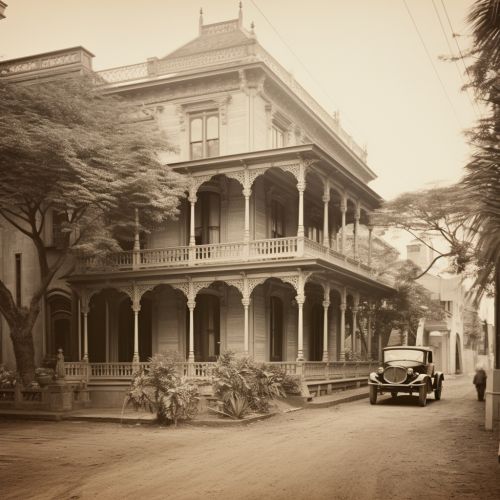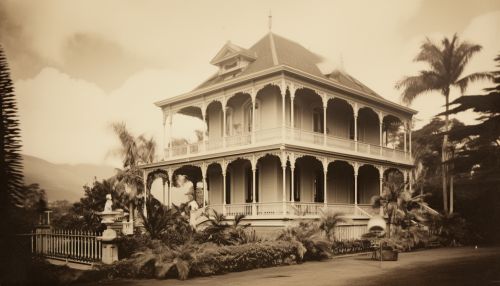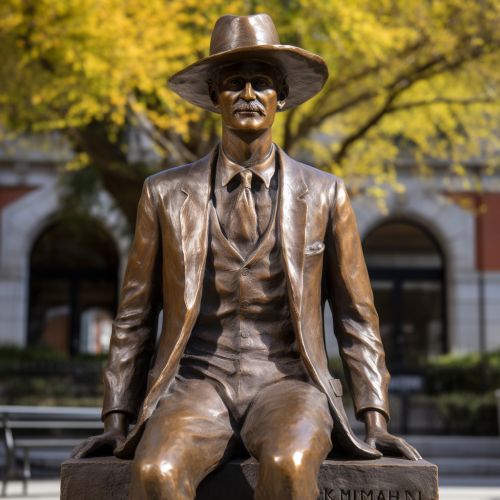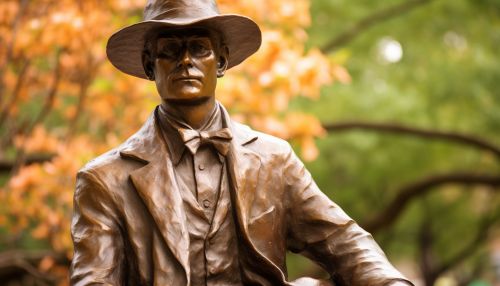Hiram Bingham
Early Life
Hiram Bingham III was born on November 19, 1875, in Honolulu, Hawaii. He was the son of Hiram Bingham II, an early Protestant missionary to the Kingdom of Hawaii. He was the grandson of Hiram Bingham I, another missionary and the namesake of the Bingham family of New England, which had a legacy of public service dating back to the early colonial period.


Bingham attended the prestigious Phillips Academy in Andover, Massachusetts, before studying at Yale. He later attended UC Berkeley and Harvard University, where he completed a Ph.D. in history.
Career
Bingham served as a lecturer at Harvard University before he was appointed as a preceptor at Princeton University. He was later promoted to the rank of professor at Yale University, where he taught South American history.
In 1908, Bingham organized the Yale Peruvian Expedition, which was sponsored by Yale University and the National Geographic Society. The expedition, which was primarily a history and geography study, led to the rediscovery of the Inca city of Machu Picchu in 1911.


Bingham's discovery of Machu Picchu brought him international acclaim and he was hailed as an important figure in the field of South American archeology. His book, "Lost City of the Incas", became a bestseller and remains a significant reference in the study of the Inca civilization.
Political Career
Bingham's career was not limited to academia and exploration. He also had a significant political career. He served as Lieutenant Governor of Connecticut from 1922 to 1924, and as Governor for a day in 1924. He was then elected as a U.S. Senator from Connecticut and served from 1924 to 1933.
As a senator, Bingham was a staunch supporter of the gold standard and was a member of the conservative bloc in the Senate. He was also a member of the Foreign Relations Committee and the Committee on Printing.
Later Life and Legacy
Bingham retired from politics in 1933 and returned to academia. He served as the chairman of the history department at Yale University until his retirement in 1945. He continued to write and lecture on South American history and archaeology until his death in 1956.
Bingham's legacy is multifaceted. His discovery of Machu Picchu and his contributions to the study of South American history and archaeology are significant. His political career, while less well-known, also had an impact on U.S. policy during the early 20th century.


